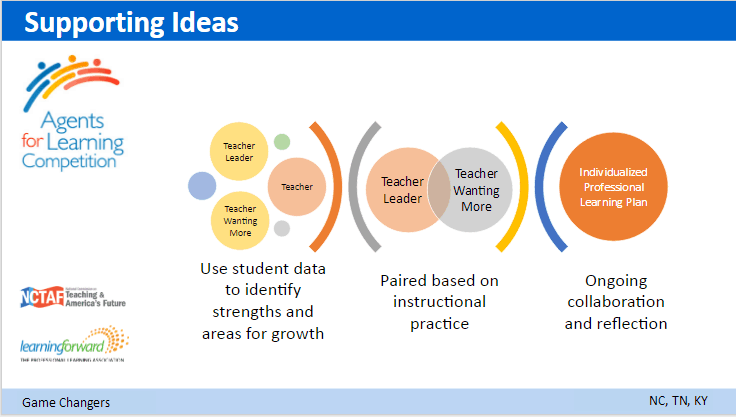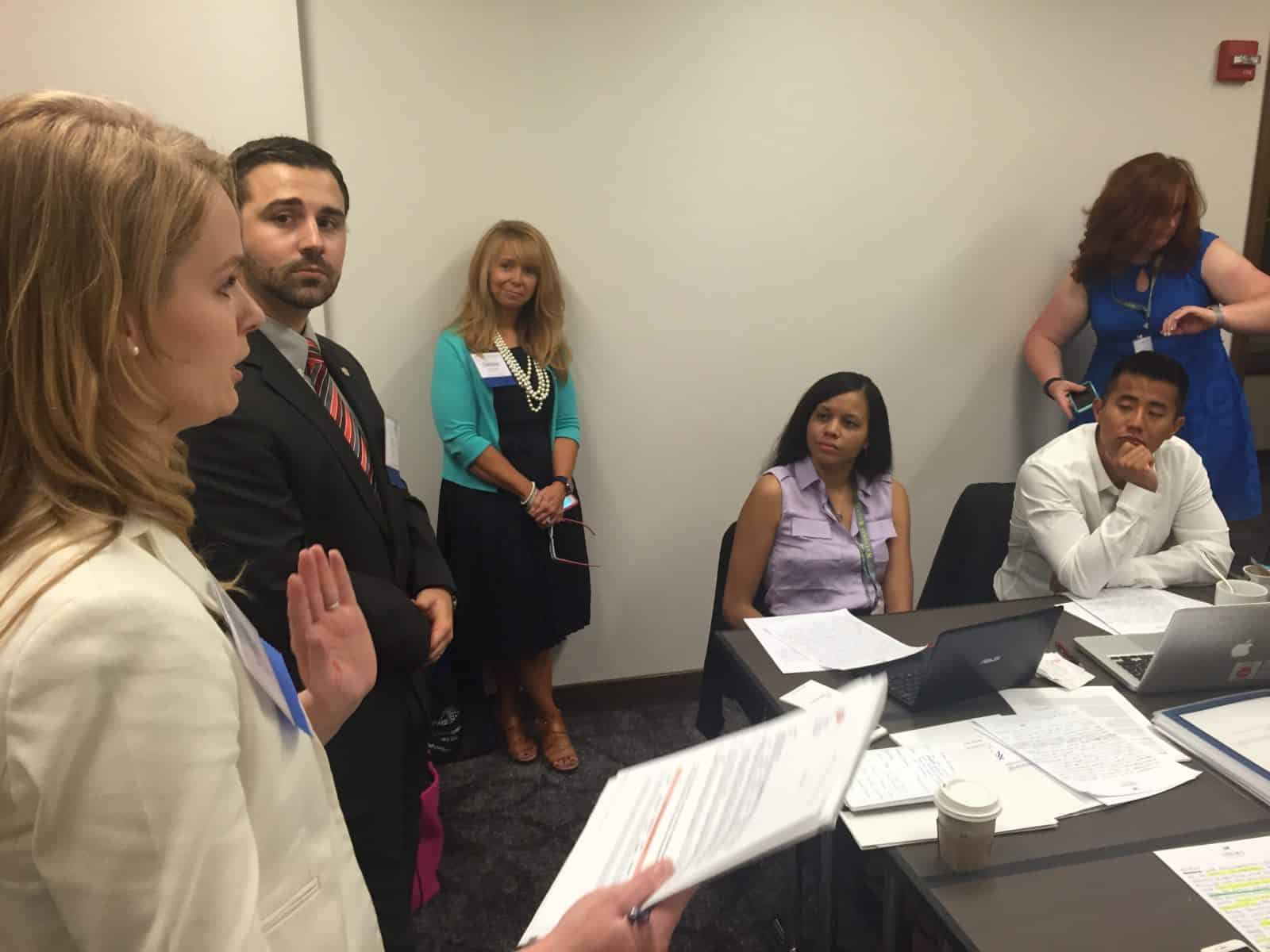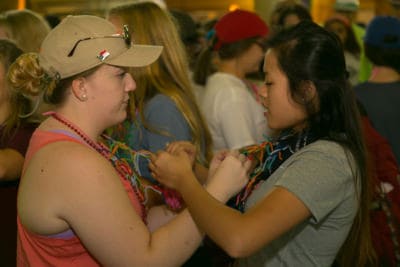Teachers are asked every day, and evaluated annually, on the ways they are individualizing instruction for their students. Wake County is even joining a national trend of encouraging increased student choice in their classrooms, which harnesses children’s general curiosity and pairs it with instructional goals and objectives of a course. Shouldn’t teachers’ professional learning use the same model?
On December 10, 2015, President Barrack Obama signed the Every Student Succeeds Act (ESSA); a sweeping educational policy reform aimed to limit testing requirements, create alternative accountability indicators, encourage rigorous academic standards, and place greater resources into the hands of local school systems for enhancing teacher quality using Title II funds.
In response, Learning Forward and the National Federation of Teaching America’s Future (NCTAF) hosted the Agents for Learning Competition, inviting teams of educators to submit proposals for their ideal professional development vision under the new Title II provisions. The Hope Street Group’s state directors in Tennessee, Kentucky, and North Carolina seized the opportunity to encourage their groups of teacher fellows to craft professional learning plans for their individual states—the Game Changers were formed.
Cassie Redding and Carly Baldwin of Kentucky, Natalie Coleman and Debbie Hickerson of Tennessee, and myself, from NC, made up the Hope Street Group’s cross-state team for the Agents for Learning Competition.


Here is a discussion of this competition on Education Talk Radio:
The Issue with Current PD
In our initial call we quickly realized our proposal was not going to be three individual state visions for professional development, but a unified focus addressing thematic issues we saw in pre-existing systems. Our staff development experiences varied greatly, but many had little to no follow-though, lacked a student-focus, and were—quite frankly—an afterthought in the grand scheme of the school year
Our Vision for Professional Learning
We then set out to develop our vision, which was that states and districts would support and encourage professional learning created and provided based on student data and teacher feedback; informed by and often led by teacher leaders; embracing collaboration, coaching, and follow-up support; and ultimately produces more effective teaching practices and improved student outcomes.


To achieve this vision we noted many current models of professional learning in our states, but soon latched onto a Western NC based model created by Ben Owens, a National Hope Street Fellow. The Pockets of Teaching Excellence demonstrates the ongoing, job-embedded professional development model founded on instructional practices impacting student outcomes. The Game Changers team refined this model to further align it with student data and the definition of professional development, defined by Title II of ESSA.
Teacher-to-Teacher Model for Professional Learning
In a nutshell, this model partners teachers with instructional-strengths (as identified by student-data) with teachers wanting more on a given instructional practice. These teaching partnerships develop an individualized plan for professional learning; including physical classroom observations, virtual research and planning sessions, as well as network-based trainings.


This learning process results in a database of classroom lessons and activities, but also documents instruction practice able to be shared out with other educators. It also instills leadership capacity in participating teachers and provides them the opportunities to present their work in the more traditional-style professional development setting.
Model Feasibility
The beauty of the model is that fact that it is low-cost and easily replicated. The model happens on a state-wide level, across or within district lines (in the case of the Western NC pilots), or even at a single school building. With a cost of substitute coverage and small stipends for travel and publication, districts are able to easily utilize Title II funds for a system empowering and growing their teachers into network leaders of professional learning.
Meeting Teachers’ Needs
In the N.C. Teacher Voice Network’s Fall and Spring reports, 83 percent of teachers said small-group professional development settings would aid their teaching practices. 61 percent said time away from instruction to plan and prepare would be required to better present professional development to their peers. This model does both, partnering educators on an instructional practice as a part of a small network of learners while providing release time and substitute coverage to plan classroom instruction, which would then be shared at the end of the learning process.
Next Steps
ESSA provides districts the unique opportunity to provide much-needed professional development to their teachers. The Game Changers team refined a NC-based model to present at the Agents for Learning Competition in Chicago this summer. My KY and TN colleagues took the vision and system back to two other states as a means to empower and utilize instructional leaders. In N.C., we are working to expand the Western-based model state-wide as a pilot for DPI and local school districts to use as an example of an effective professional learning model for teachers by teachers.



